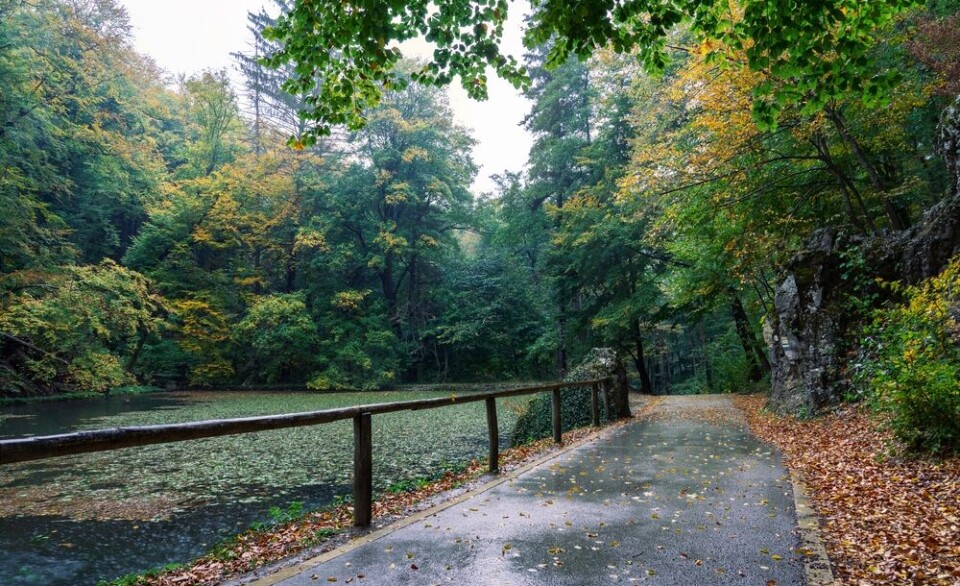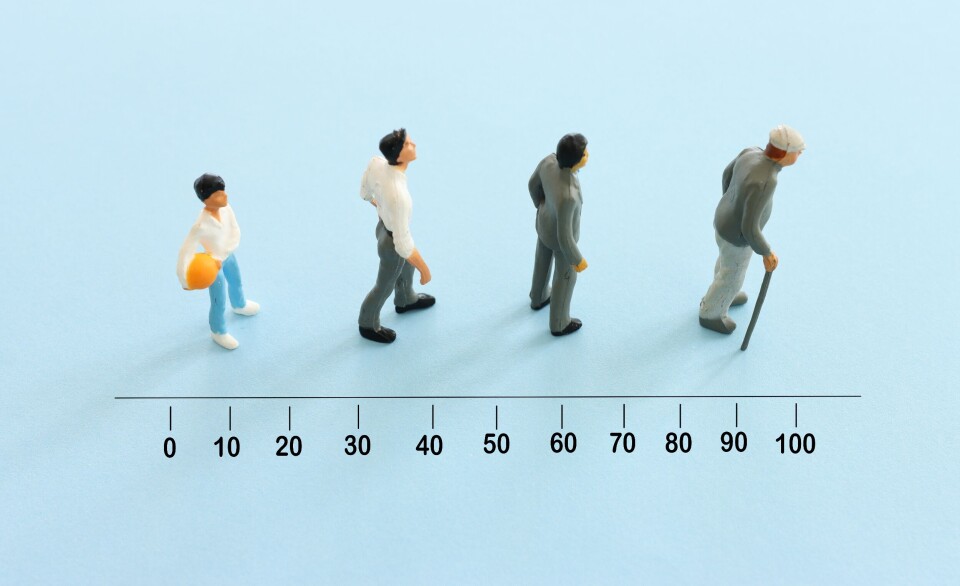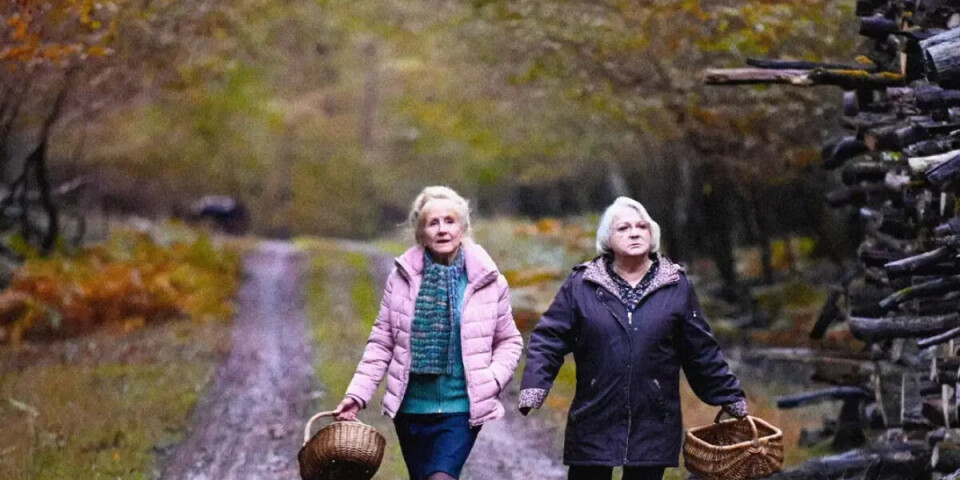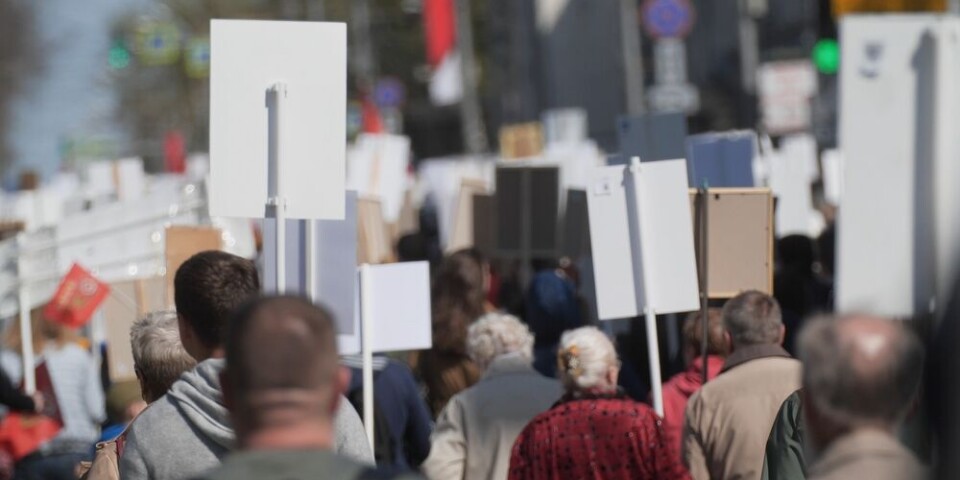-
Death charges claimed by French banks to be restricted
New law passed by the Senate in early summer
-
Electric bike popularity in France opens way for new insurance deals
Number in country rockets as theft policies evolve
-
What is France’s ‘intime conviction’ legal concept used to reach verdict in Cédric Jubillar trial?
Unique approach to murder trial without a body that transfixed France
Monitor Covid variants closely: France’s academy of medicine
The Académie de médecine has called for fast vaccination, increased DNA sequencing and tracking of ‘challenging’ new variants, some of which may be resistant to vaccines, it said

France must keep a close eye on new Covid-19 variants, which are a ‘new challenge’ in the pandemic fight, the French academy of medicine has said.
In a statement, l’Académie de médecine warned that it was important to keep track of the new variants of Covid-19 “which crop up independently in different parts of the planet. The emergence of multiple variants constitutes a new challenge in the fight against the pandemic, as vaccinations are being developed across the world.
“The take-up of these variants will be faster in immunosuppressed patients, within whom infection is longer and viral loads are higher.”
🔴[COMMUNIQUÉ] Surveiller les #variants du #SARS-CoV-2 : comment et pourquoi ?
— Académie de médecine de France (@acadmed) March 17, 2021
Préoccupée par la progression des variants du SARS-CoV-2 dont l'aggravation pourrait compromettre l'efficacité de la campagne nationale de #vaccination, l' ANM recommande ➡️https://t.co/QxDLLUcNqR pic.twitter.com/xb20MdyEMg
Globally, the major variants causing the most concern are those first discovered in the UK, South Africa and Brazil.
In France, the UK variant is suspected in 66% of cases, and the South African and Brazilian in 5% of cases - and as many as 45% of cases in Moselle.
The statement also warned that the South African and Brazilian variants appear to be more resistant to vaccines.
It said: “The impact of these newly-dominant variants across the current epidemic landscape remains to be seen, but we must already consider several threats: as well as their more contagious nature, it seems as though the South African and Brazilian variants - which have the same mutation - have the capacity to elude, at least partially, the immune response induced by vaccination.”
The Académie called for “vaccination coverage as fast as possible”, but also reminded the public that barrier gestures were still needed to avoid the spread of variants.
It also called for countries to step up their sequencing of variants, “to maintain a permanent watch over human and environmental [waste water] samples” in order to cross-reference genetic analyses with “international epidemiological data".
Brittany variant ‘under surveillance’
It comes after the eight patients discovered to have contracted a new variant of Covid in a cluster near Lannion in Côtes-d’Armor in Brittany have all died.
Read more: Covid: France finds new variant in northern Brittany
The cluster was first revealed on Monday March 15, in a statement released by health authority la Direction générale de la santé (DGS).
The situation is “under close surveillance”, the DGS said. According to the latest figures, 79 cases were detected on March 13 as part of the Brittany cluster, of which eight patients were found to be infected by a new type of variant, dubbed “20C”. All eight of these patients have now died.
Yet, regional health agency l’Agence Regionale de Sante has said that “no link has [yet] been established between these deaths and the new variant”. The patients may have died anyway, even if they had not caught the variant version of the virus, it said, with investigations continuing.
The variant is under close watch, largely because it appears to not be picked up by standard PCR tests. In the Lannion hospital, several patients had clear Covid symptoms, but their PCR tests came back negative.
Their infection with the Covid variant was only picked up following further tests, including RT-PCR tests and blood work.
Doctors have said that they are not considering the 20C variant as “worrying” so far, but they are investigating why the infections did not show up on the original PCR tests.
Related stories
Covid: France finds new variant in northern Brittany
Covid France: Are there more under 60s in intensive care?
Covid-19 home test kits on sale in France 'from this week'
Paris: New Covid patient in intensive care every 12 minutes
























